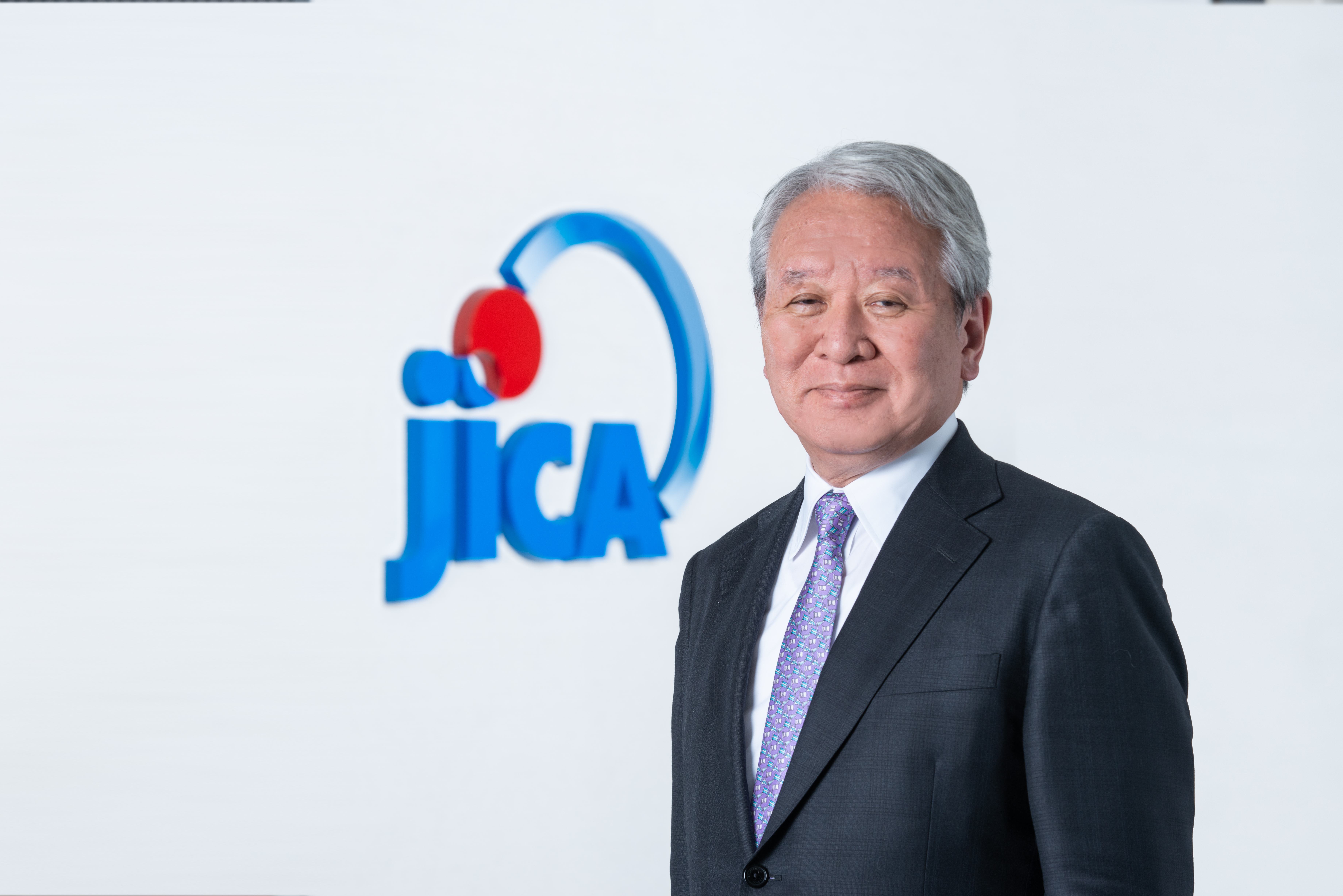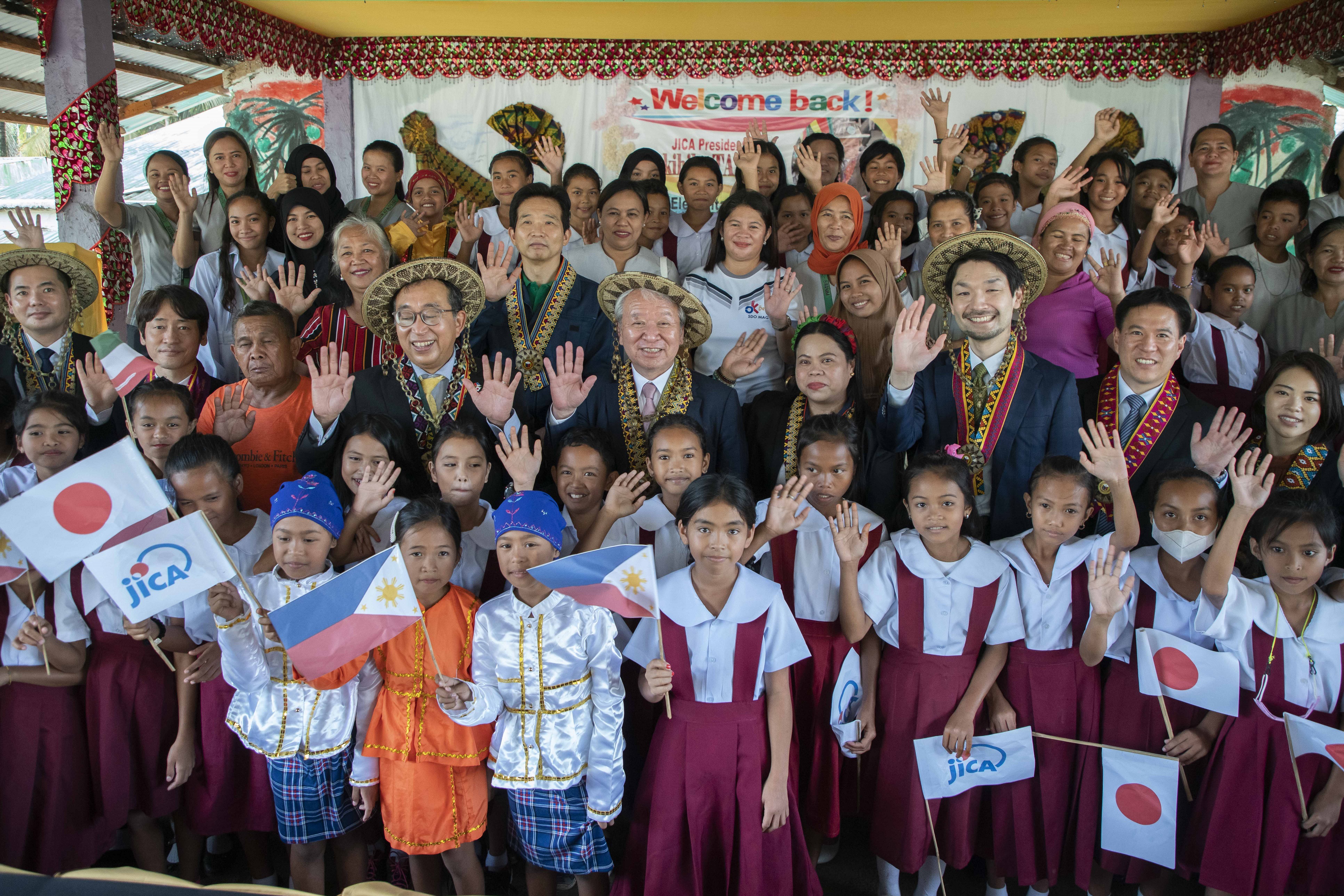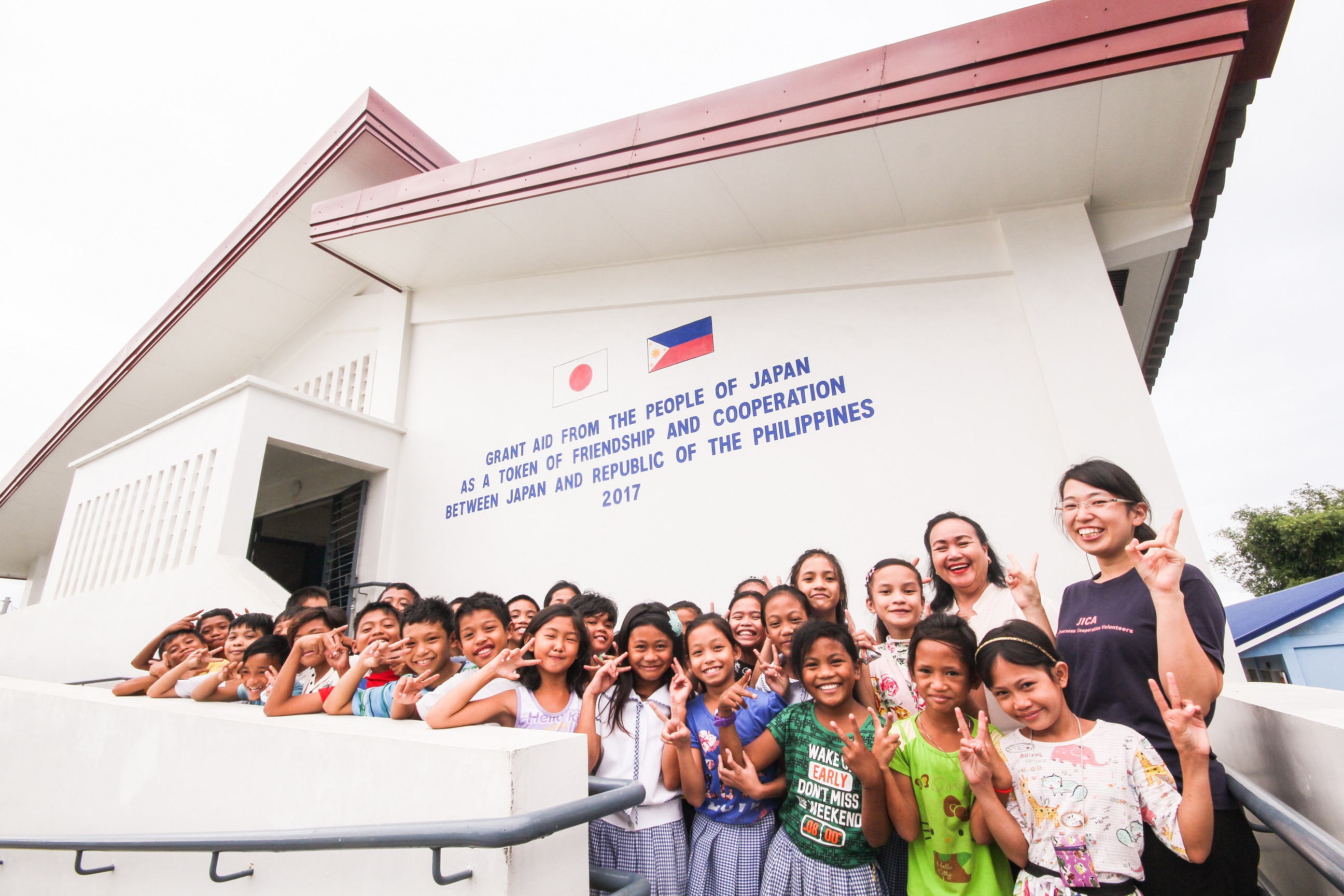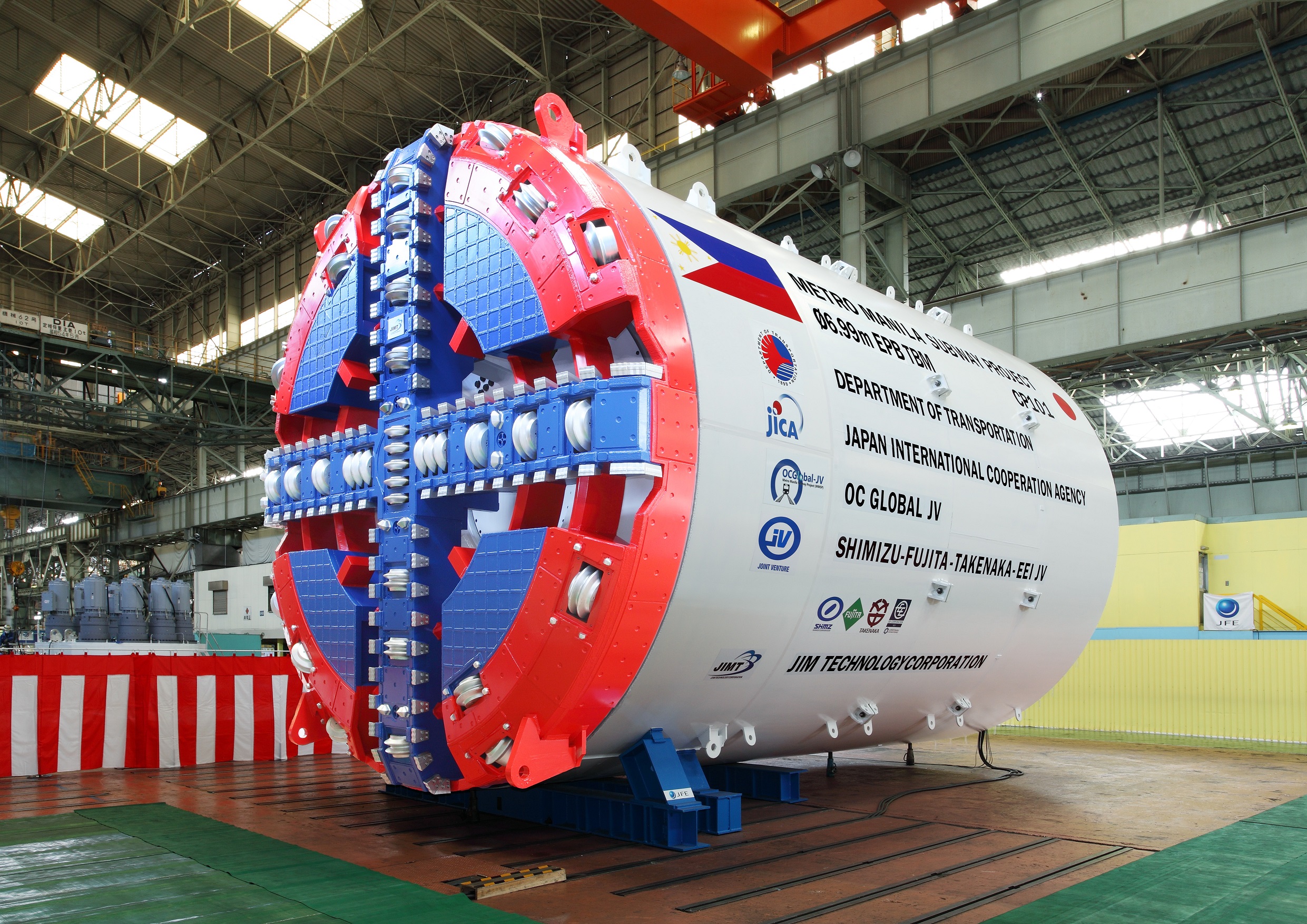Japan’s Unwavering Commitment to Development and Future: 70 years of Japan’s ODA
2024.10.02

October 6, 2024 is a significant milestone for Japan, marking 70 years since its commencement of Official Development Assistance (ODA) in 1954. Over these seven decades, as a major global partner, and especially the closest partner of the Philippines, Japan has extended its vigorous cooperation programs to 190 countries and regions, contributing to their economic and social development as well as peace and prosperity.
Japan’s international cooperation efforts began, in parallel with the payment of postwar reparation to Asian states, with the aim to rebuild and enforce trust within the international community. Starting with providing technical training programs to Asian states and expanding its cooperation programs, Japan has become one of the leading bilateral development partners in the world.
The Japan International Cooperation Agency, JICA, is responsible for administrating Japan’s ODA, offering a wide variety of cooperation programs, including finance and investment cooperation, technical cooperation, and other services including emergency aid, public-private-partnership promotion, and the dispatch of volunteers.
In synergy with the domestic initiatives of recipient countries, JICA’s cooperation programs, such as those for infrastructure development and human resources development, have laid a solid foundation for their development. In the Philippines, for example, transportation sector development projects or connectivity enhancement programs such as the first-ever underground subway construction project in Metro Manila dubbed as the “project of the century”, facilitated by JICA’s yen loans and technical cooperation for decades, are broadly and effectively addressing one of the pressing challenges of the country toward the prosperous future. The Bangsamoro peace process in Mindanao and disaster risk reduction are also salient areas that JICA has been working closely towards advancement. Another notable example is JICA’s enthusiasm for boosting people-to-people exchange programs in terms of capacity development, where JICA has accommodated more than 42,000 Philippine government officials in various training courses, more than 10,000 JICA experts and nearly 2,000 JICA volunteers have already been dispatched to the Philippines, to name a few. Obtaining JICA’s such extensive and unwavering cooperation, the Philippines, on the other hand, is on track to becoming an upper-middle income country.
It has been the fundamental principle of JICA to respect ownership and self-help efforts of the partner country and to put strong emphasis on unwavering commitments with a long-term vision. JICA highly values people-to-people interactions, bringing strengths together through dialogue, rather than the unilateral transfer of technology and knowledge. This approach enabled us to offer solutions tailored to local contexts and foster human resources necessary for the sustainable growth of a country. It has also deepened mutual understanding and trust, and thereby strengthened bilateral relations between JICA’s partner countries and Japan.
Despite the significant efforts by the international communities, many global challenges remain unresolved. Rather, issues such as climate change, natural disasters, armed conflict, pandemics, economic crises, and other threats have become more complex and interlinked, leading to the compound crises. A UN report warns that only 17% of the Sustainable Development Goals (SDG) targets are on track to be achieved globally, with only 6 years remaining until the target year, 2030. The international community needs to work harder and more closely than ever to overcome these compound crises.
In response to the changing global landscape, the Government of Japan revised its Development Cooperation Charter in June 2023 to update its development cooperation to be implemented in a more effective and strategic manner.
In the revised charter, human security is positioned as the guiding principle that underlies all of Japan’s development cooperation. Human security refers to a state in which people, as individuals, are free from fear and want and can live with dignity. In the midst of this compounded crises, many people find their human security threatened; critically, vulnerable people in developing countries are the most seriously affected. It is for this reason that JICA is leveraging cooperation to promote peace throughout of the Philippines, create more jobs and spur growth, taking into consideration the concept of “no-one-left-behind” and gender mainstreaming, thereby narrowing gaps and improving the quality of life for all. As the governmental development cooperation agency of Japan, JICA is further committed to ensuring human security by its efforts for poverty reduction through quality growth.
To achieve these goals, JICA is evolving its cooperation programs to engage diverse actors and facilitate collaborative work in development efforts. There are enormous unresolved development issues, and many of them remain without clear solutions. The complexity of the development challenges requires innovative solutions that emerge from collaborations among the public sector, private sector, academia, and other stakeholders. In addition, it is not the exclusive role of developed countries to lead global transformations, as many emerging countries, like the Philippines, have experienced remarkable economic development and start-ups have entered the global market from emerging countries. Given this situation, one of the critical keys to accelerating efforts to address development issues is for ODA to function as a catalyst for collaboration to harness the wisdom and technology of these diverse sectors. ODA is expected to play a crucial role in realizing and promoting such co-creation. Great as this ambition may seem, the Filipino culture is deeply rooted on the concept of Bayanihan (communal unity). Building reciprocal relationships through continuous dialogues to create solutions is a strong tradition of both of the Philippines and Japan, and JICA is ready to advance co-creation by leveraging the tradition.
JICA’s vision is “Leading the World with Trust”. Our development cooperation has been focusing on human security, quality growth, equal partnerships, and self-ownership by partner countries, like the Philippines. We are committed to continued cooperation with partner countries and like-minded development partners. In a world of disruptions, it is important to maintain the values we consider essential, and that we respond to new challenges in a new way together, building on the trust that Japan has built over the years.



scroll